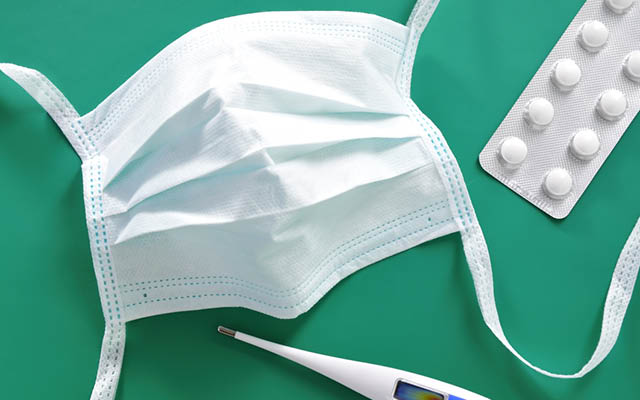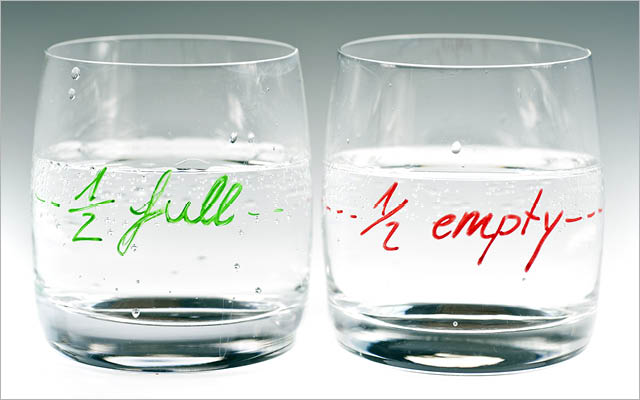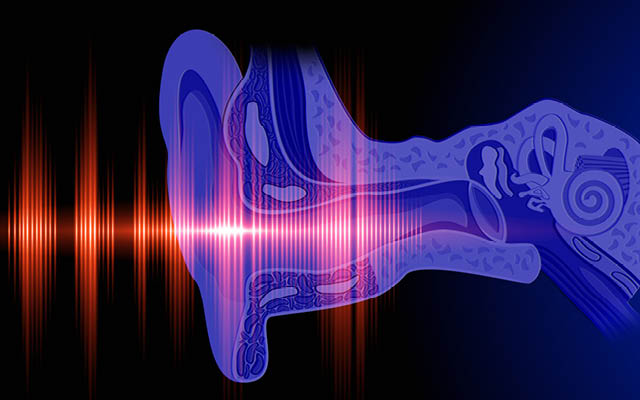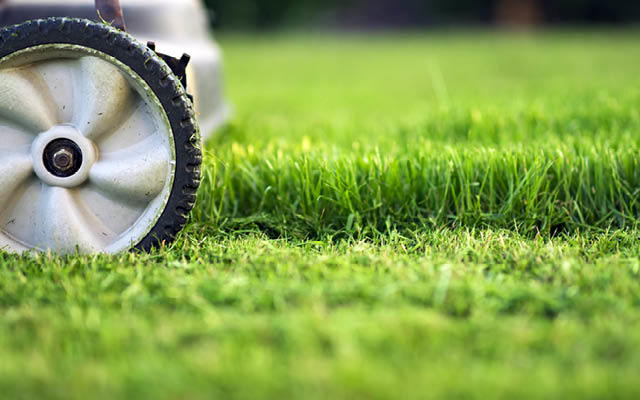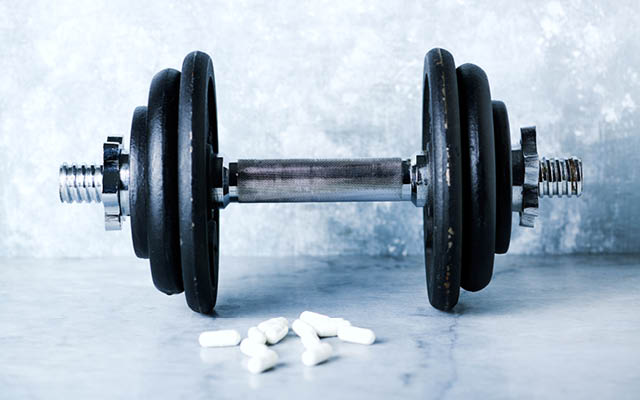Craig Cox
LATEST STORIES
PUMPING IRONY: Money Keeps You Young?
Recent research suggests that frequent bouts of poverty prior to middle age may contribute to premature aging. If that’s the case, I should be sitting on death’s doorstep by now.
PUMPING IRONY: Bugged!
The alarming rise of drug-resistant superbugs in nursing homes is just another reason to do everything I can to maintain my good health and live out my days in my own home.
PUMPING IRONY: A Microbiome Miracle?
Recent research suggests that all frail seniors need to do to boost their strength — and maybe even reduce their waistlines — is to have the right combination of bacteria in their guts. I’d rather lift weights.
PUMPING IRONY: A Numbers Game: Diabetes
New guidelines seeking to address the healthcare industry’s overtreatment of elderly diabetics may encounter a skeptical audience: elderly diabetics.
5 Lifestyle Changes to Lower Blood Pressure
Hypertension can be managed with nutrition, exercise, and other lifestyle factors.
PUMPING IRONY: Growing Old, Gaining Weight
A new study explains why we tend to gain weight as we age, even if our caloric intake and exercise regimens remain unchanged.
PUMPING IRONY: Hungry and Hopeless
A quiet epidemic of malnutrition has spread among the nation’s elderly, and Congress has only a few weeks to figure out how to respond.
PUMPING IRONY: A Healthy Pessimism?
Do optimists live longer than pessimists? Maybe, but I’m not the only one arguing that a middle way may yield healthier benefits.
PUMPING IRONY: No Home for the Unhealthy
An old friend faces a future with Parkinson’s and an eventual move to an assisted-living facility that, barring an industry shift, will probably offer no medical care.
Big Pharma and the Future of Fecal Transplants
The debate over the future of fecal microbial transplants — and who will have access to them.
Understanding Blood Pressure Guidelines
Learn what functional-medicine healthcare providers think of the latest blood-pressure guidelines — and how to manage your blood pressure wisely.
PUMPING IRONY: Shock Treatment
Recent research suggests that a simple regimen of electrical stimulation may extend lifespan. I just wish it didn’t involve my ears.
PUMPING IRONY: This Is Your Brain on Drugs
For this drug-averse geezer, recent research suggesting that long-term use of certain pharmaceuticals may contribute to dementia makes me even less likely to follow my doctor’s advice.
PUMPING IRONY: Risky Business
The elderly often climb on the operating table unprepared for the risks of surgery. New guidelines aim to help them — and their doctors — make more informed decisions.
PUMPING IRONY: A Vague Recollection
At my age, I’m often at a loss when trying to retrieve some bit of information from my memory banks. A new study suggests brain games and other mentally stimulating activities may help — sort of.
PUMPING IRONY: Die Hard
A new government report paints a dismal portrait of hospice care in the United States. And regulatory agencies are powerless to respond.
PUMPING IRONY: The DIY Dilemma
Age and affluence have limited my opportunities to embark on home-improvement projects, but a neighbor’s request for help resurrects my sense of usefulness.
PUMPING IRONY: A Matter of Trust
Only about a third of Americans say they have faith in doctors, a fact that may say more about the system than about the physicians.
PUMPING IRONY: Is Two Better Than One?
Exercise offers antiaging benefits as does a popular drug. So combining them should boost longevity, right? Not so much.
PUMPING IRONY: We All Fall Down
Elderly Americans are dying from falls at an alarming rate. I’m counting on some lessons learned through painful experience to help me avoid that fate.
PUMPING IRONY: Memories of the Mundane
You don’t need to check off items on a bucket list to convince yourself that you’ve lived a full life. Some of the most memorable experiences occur with no planning whatsoever.

